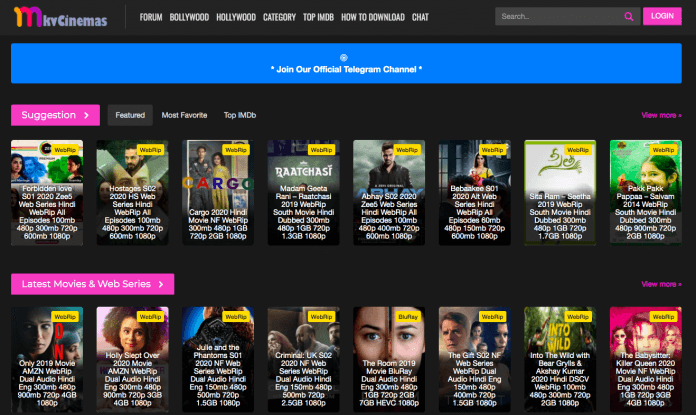In the dynamic world of Agile techniques, an Agile Coach plays a crucial role. Agile coaches lead teams towards effectiveness and flexibility as the defenders of innovation and change inside companies. But learning Agile frameworks and Agile Courses isn’t enough. One of the most important factors in the efficiency of Agile Coach is their emotional intelligence (EI). This blog explores why emotional intelligence (EI) is critical to Agile coaching and how it can completely transform team dynamics.
Table of Contents
Understanding Emotional Intelligence in the Agile Context
The ability to identify, comprehend, and control our own emotions, as well as identify, comprehend, and affect the emotions of others, is referred to as emotional intelligence. Emotional intelligence (EI) is a key technique in Agile Coaching for managing the intricacies of team dynamics, resolving conflicts, and creating a happy work environment.
1. Building High-Performing Teams
High-EQ agile coaches are able to foster an environment of transparency and trust. They are skilled at identifying the emotional undercurrents in a group and are able to resolve problems before they get out of hand. High-performing teams require excellent communication and cooperation, which Agile Coaches may foster by being aware of the emotional requirements of their team members.
2. Facilitating Change and Adaptability
In workplaces that are Agile, change is inevitable. Strong emotional intelligence (EI) agile coaches are better able to deal with change opposition. They can relate to their teammates’ worries and anxieties and productively address them. This empathy not only facilitates the changeover but also helps to win over people to new projects.
3. Enhancing Communication Skills
Understanding the feelings and intentions that underlie the information is a crucial component of effective communication, which goes beyond simple information exchange. High EI agile coaches are excellent in empathy, straightforward communication, and active listening. This skill set is essential for settling disputes, reaching agreements, and ensuring that each team member feels respected and heard.
4. Developing Emotional Resilience
Agile work settings might be hurried and under a lot of strain. Emotional intelligence (EI) includes controlling one’s emotions and maintaining emotional equilibrium under difficult circumstances. Quick, Emotionally resilient coaches are able to remain upbeat, inspire their players when they face obstacles, and act as a stabilising influence.
5. Cultivating Leadership and Influence
The impact of an Agile Coach goes beyond techniques and procedures and includes setting a high standard for emotional intelligence leadership. Team members are inspired by coaches who exhibit empathy, self-awareness, and emotional control. The success of Agile techniques depends on the development of an emotionally aware culture inside the organisation, which is fostered by this impact.
6. Personal Development and Continuous Learning
Over time, emotional intelligence may be improved and developed; it is not a fixed attribute. Agile coaches who make time for their own emotional development also set an example for their teams’ ongoing learning and development. This dedication to self-improvement aligns with the fundamental ideas of Agile approaches.
Integrating Emotional Intelligence into Agile Coaching Practices
Integrating emotional intelligence (EI) into routine tasks is crucial to maximising its potential in agile coaching. The following are some tactics:
- Frequent Feedback meetings: Having regular feedback meetings when sentiments and emotions are freely addressed will improve knowledge of team dynamics.
- Emotional Intelligence Training: Coaches and team members can be better equipped to comprehend and control their emotions by including EI training in Agile courses.
- Exercises for Mindfulness and Self-Awareness: Mindfulness techniques can help Agile Coaches and team members become more self-aware, which improves emotional control.
- Setting an example for the team to follow, Agile Coaches should constantly exhibit emotional intelligence (EI) in their interactions.
Conclusion
To sum up, emotional intelligence is an essential component of agile coaching that works with technical expertise and techniques. It is essential for realising a team’s maximum potential, promoting efficient communication, encouraging flexibility in the face of change, and creating a supportive work environment. The need for emotionally competent Agile Coaches will only increase as the Agile landscape develops. Therefore, including Emotional Intelligence (EI) in Agile practises and courses is advantageous and necessary for Agile Coaching’s future.












